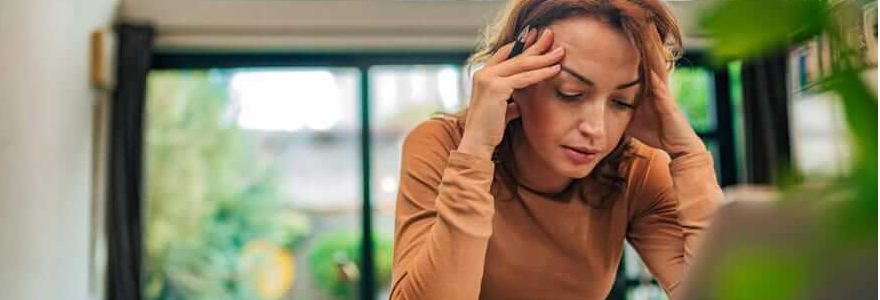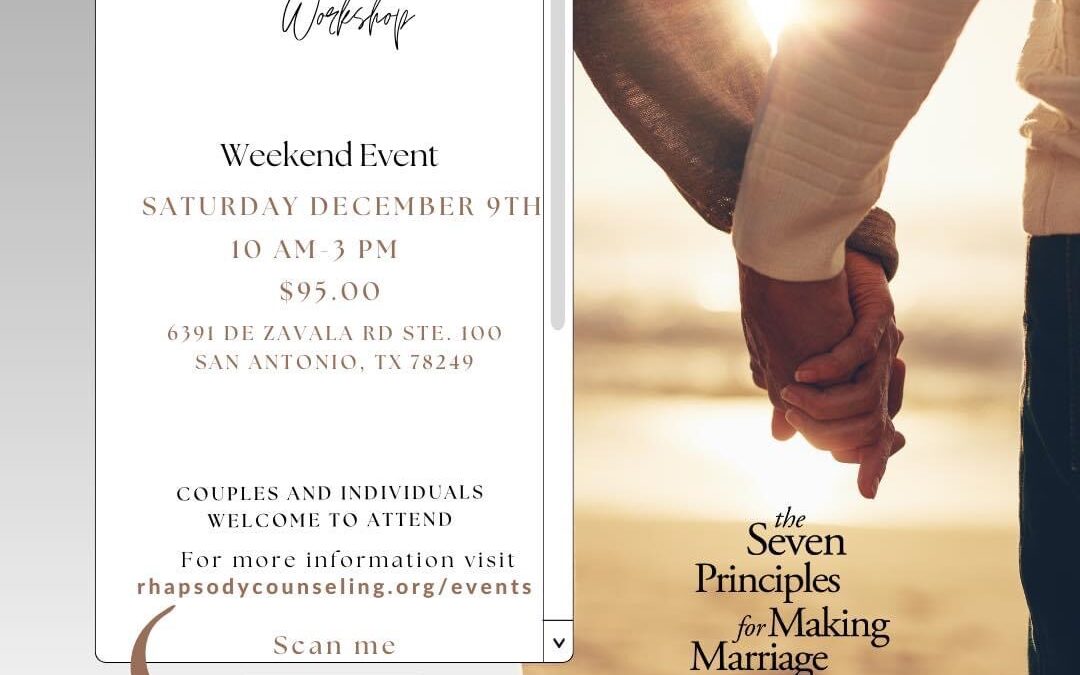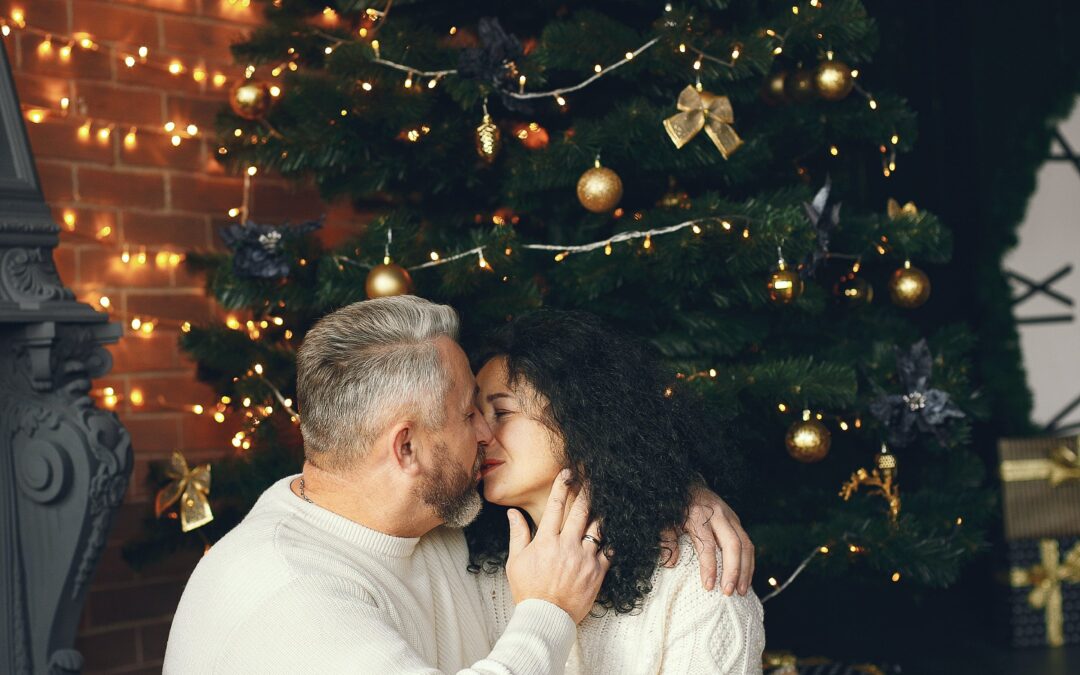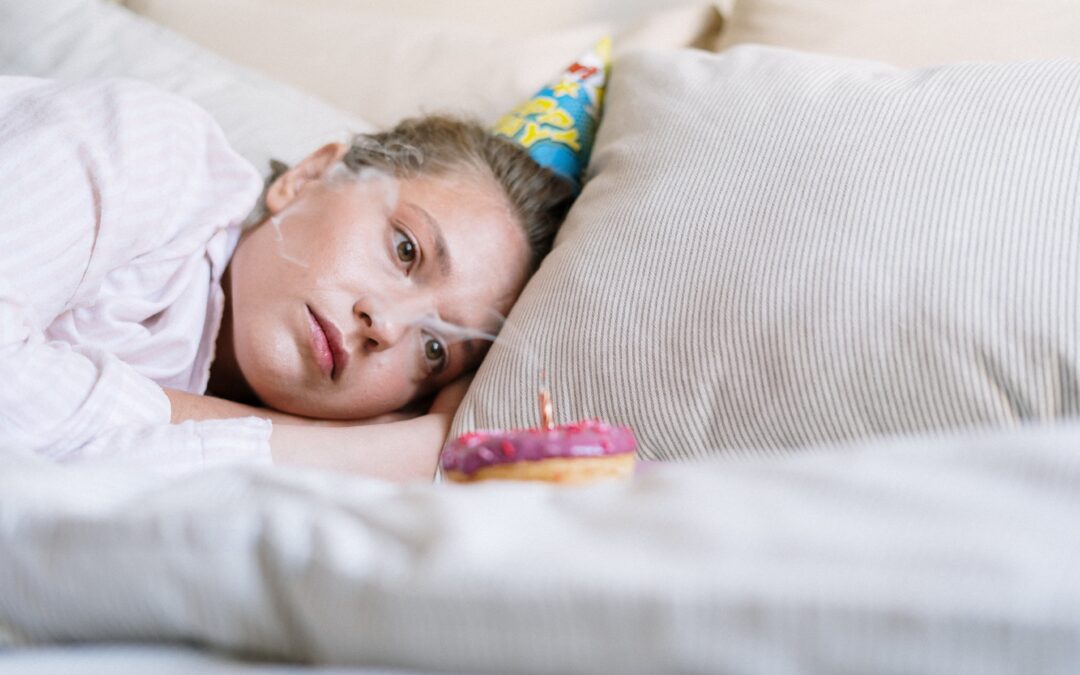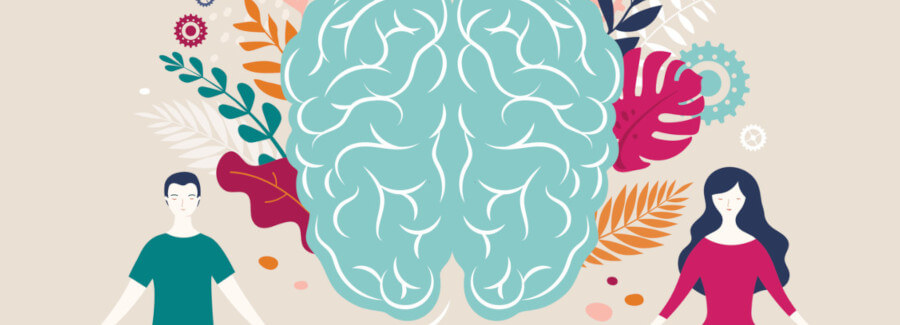Managing Anxiety During COVID19 Pandemic
Five tips to get rid of anxiety during a pandemic.
I’m guessing you are reading this blog because you too have been experiencing anxiety during this pandemic. You are not alone. We are going to talk a little about anxiety, how it affects you; especially during a pandemic and ways to cope.
COVID19 pandemic has been an unsettling time for many. Adults, children, and teens have all been affected in various ways. People have lost loved ones, there’s a sense of uncertainty, fear, shock, and disillusion. This has been an event that affected the world and may just be our new normal.
For some people anxiety was and has always been a part of their lives, however, for others anxiety was triggered due to the Pandemic. Anxiety of itself is not a bad feeling. Feeling anxious at times is normal. For example, when starting a new job, or presenting in front of a crowd or doing something new for the first time. Anxiety also keeps you stay safe and pushes you to accomplish things, meet deadlines, or not procrastinate. However, when symptoms or persistent and affecting your daily living, then anxiety moves from functional anxiety to an anxiety disorder.
Anxiety is an intense persistent feeling of fear and worry about everyday situations. Oxford dictionary describes it as a nervous disorder characterized by a state of excessive uneasiness and apprehension, typically with compulsive behavior or panic attacks.
A common anxiety disorder is known as Generalized Anxiety Disorder (GAD). Anxiety keeps you in the future and it’s usually filled with negative thoughts or what we call cognitive distortions.
The following are three criteria of GAD;
A. The feeling of excessive worry, fear, and anxiety about an array of topics, events, or activities. Worry is persistent for at least six months, excessive and more often than not.
B. The worry is uncontrollable and can shift from one topic to another.
C. The anxiety or worry have three of the following symptoms present:
· Restlessness
· Fatigue
· Difficulty concentrating or feeling as if mind goes blank
· Increase heart rate
· Shortness of breath
· Sweaty palm
· Irritability, easily frustrated
· Difficulty sleeping. Either difficulty falling asleep, staying asleep or unsatisfied sleep.
Here are five tips and tricks you can use to reduce or get rid of your anxiety during a Pandemic:
1. SELFCARE, SELFCAE, SELFCARE! That’s right selfcare! That’s number one on the list. Having selfcare routine is great, even without anxiety. Selfcare can be as small as taking a nap, watching your favorite TV show, eating healthy meals, taking a bath/shower, using lavender oils, reading your favorite book, or laying around doing nothing. Believe it or not, doing nothing can be so difficult for someone who struggles with anxiety. Selfcare can also look like going to the spa, hanging out with a friend, going out to dinner, or purchasing something you want.
2. EXERCISE, EXERCISE, EXERCISE! You got it, exercise. You can go for a run, walk around the neighborhood, or park or even walking the dog. Take the stairs instead of the elevator. Park your car a little further from the store than usual and walk to the store. Yoga, or Tai chi can also serve as exercise technique and help reduce, in some cases, eliminate your anxiety. The meditative part of these techniques helps reduce your fight, flight, freeze response, it also helps and teaches you diaphragmatic breathing which is also the key to reducing anxiety. That lead us to our next tip!
3. MEDITATION, MEDITATION, MEDITATION! You are awesome, that’s right meditate. To begin you may want to start with 2-5 minute several times a day. I know it may not seem long, however, if you have never meditated before two minutes can seem like eternity. Therefore, I like to start with small attainable goals, that way you feel successful rather than feel as if you’ve failed. You can use a tool to assist you. There are thousands of YouTube video’s that have great meditation videos. There are also great apps, some you must pay for and others you don’t. Also, pick one that you like. If you don’t like the persons voice or the sound of the music, pick another one until you find the perfect fit. Once you’ve been able to master a five-minute meditation exercise then increase your time by one minute until you can sit and meditate for at least 30-60 minutes. The purpose of meditation is focusing on your breathing, take you mind off the negative thoughts that cause you to feel anxious. You must meditate several times a day so when you are feeling anxious diaphragmatic breathing and meditation techniques become second nature and instinctual aka muscle memory.
4. CHANGE YOUR STINKING THINKING! Our thoughts are so powerful that they will affect how you respond or act. Anxiety is often in the future and normally negative thoughts. You are usually anxious about something that has not happened yet and the probability of it happening is low. A professional therapist can assist you by teaching you techniques to change those thoughts. That’s called Cognitive Behavioral Therapy (CBT). Briefly put, it’s the ability to think, feel and do. CBT teaches you how to interrupt the negative thinking patterns which then changes your mood. One technique could be writing down your negative thoughts and writing one or two positive thoughts that contradict the negative thought. Every time you have the negative thought you must replace it with the two positive thoughts you decided on. Repetition and consistency are important. This may not be easy to do on your own, therefore, having a therapist as a person to hold you accountable can be helpful.
5. GET HELP! Considering the times, we are in; the midst of a national pandemic, it is normal to experience feelings of anxiety and unsettledness. If you are noticing that your anxiety has stopped you from completing daily tasks, it is persistent and intense; then get help. Asking for help is a sign of great strength. It’s okay to have some levels of anxiety because it keeps you moving forward, however, if you are noticing that you are no longer moving forward, instead you are stagnant or regressing, then call a professional counselor to help you in the journey of mental wellness.

